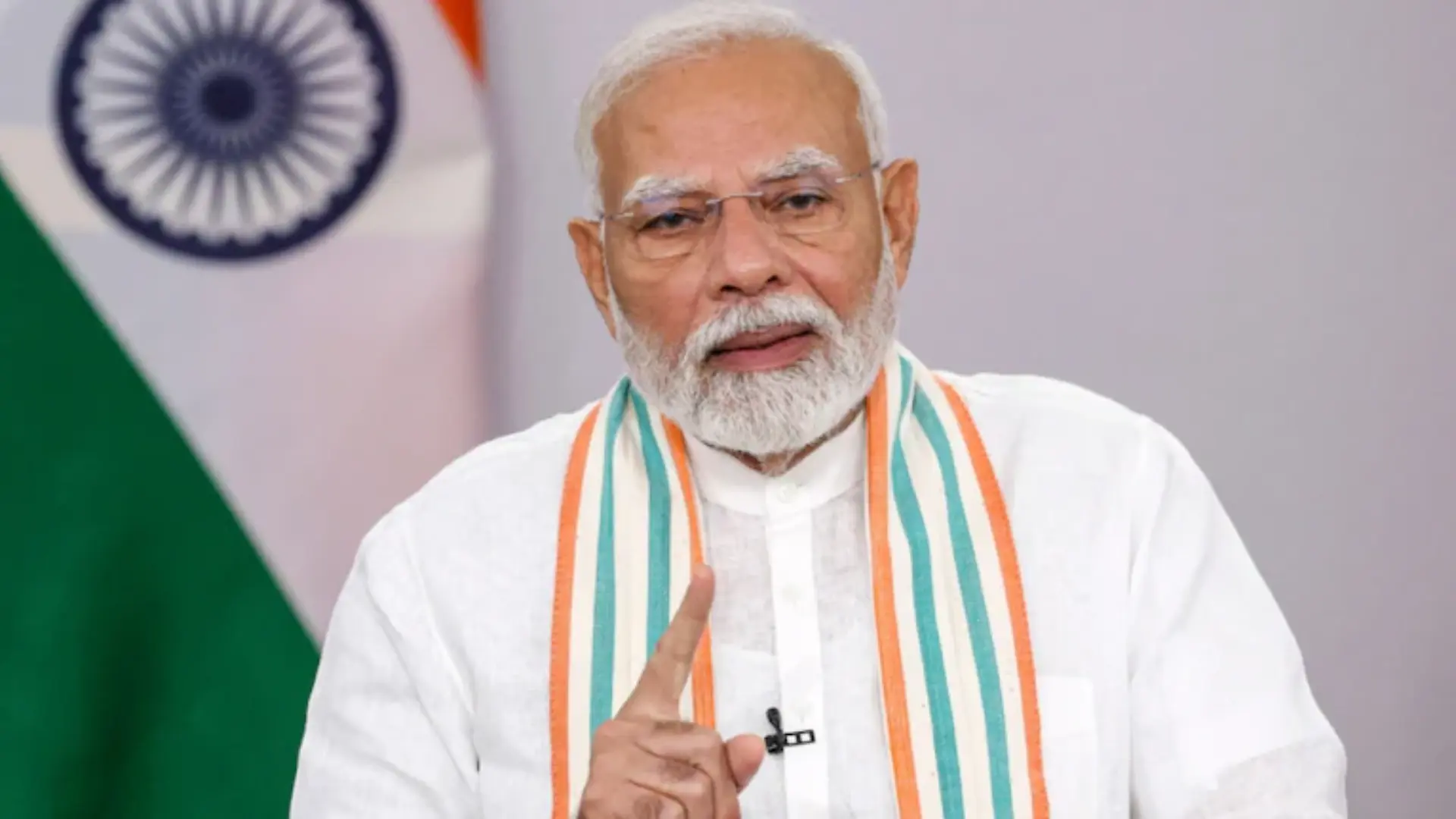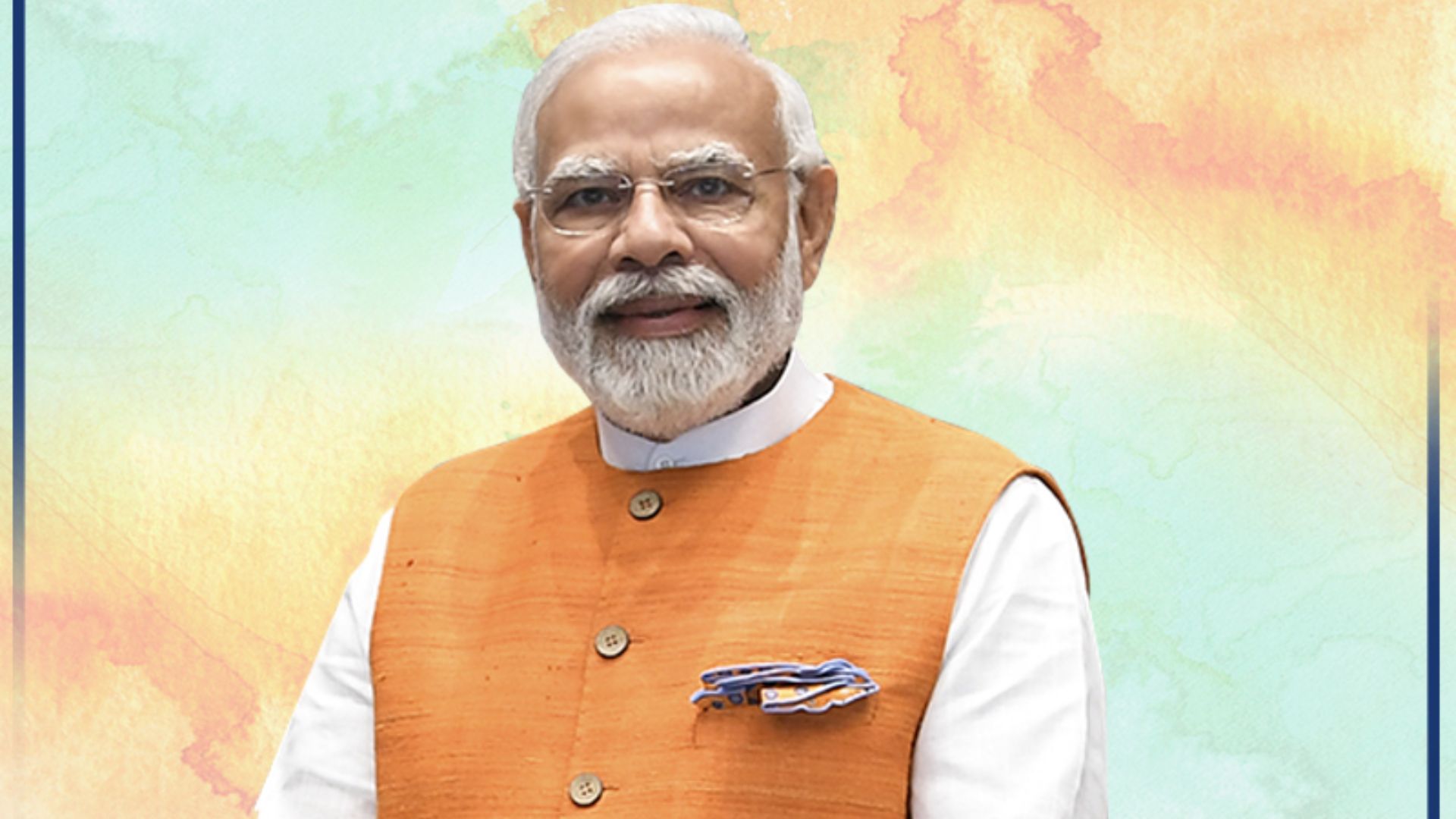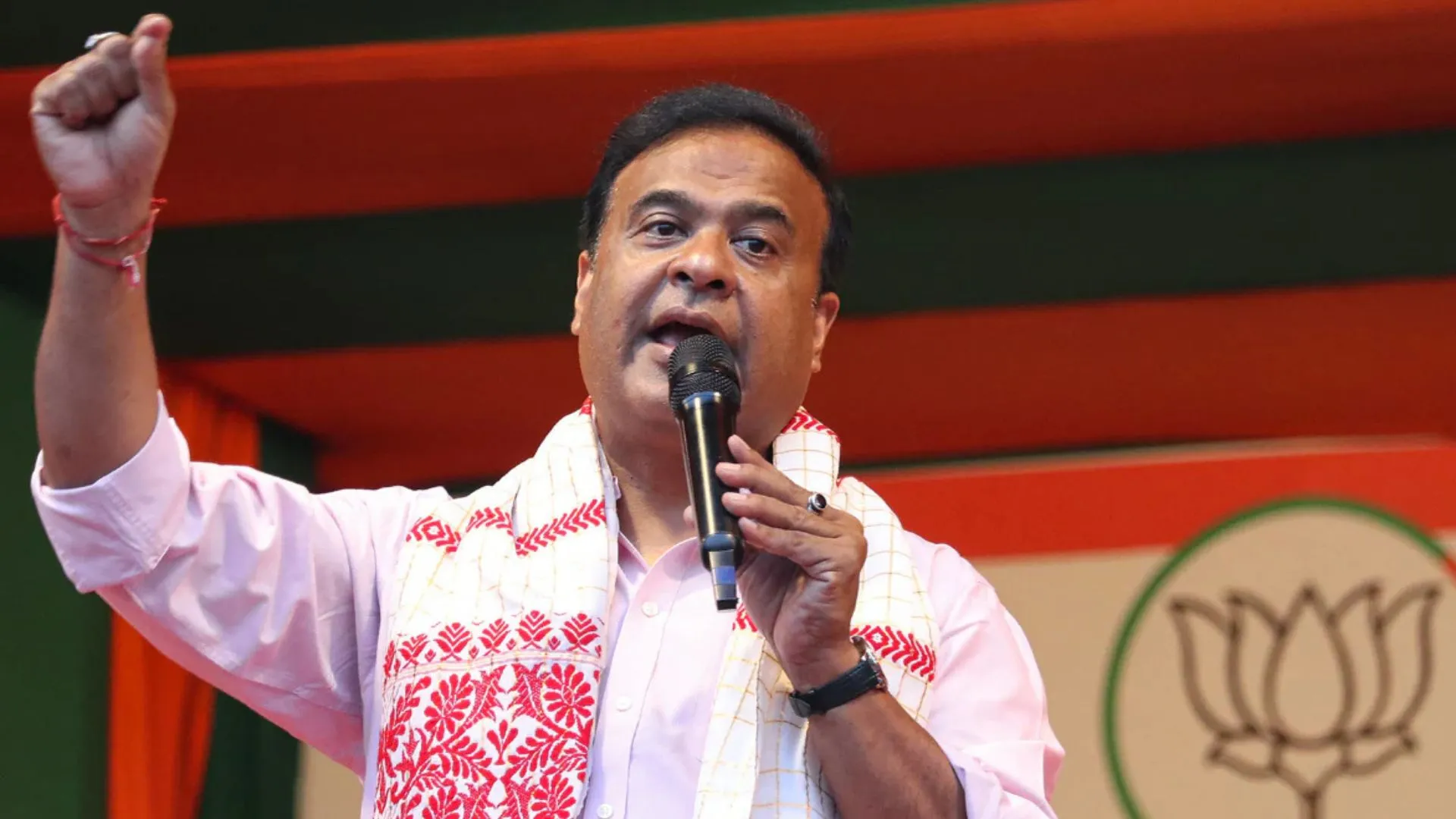Mark Zuckerberg, CEO of Meta Platforms Inc., is striving to avoid personal liability in approximately two dozen lawsuits implicating Meta and other social media companies in addicting children to their products. At a recent hearing in a California federal court, Zuckerberg presented his case, emphasizing the corporate tradition of shielding executives from personal liability. While the judge has not yet rendered a decision, a ruling in Zuckerberg’s favor would dismiss him as a personal defendant without affecting the allegations against Meta.
The lawsuits contend that Zuckerberg, as the face of Meta, was repeatedly alerted to the potential harm of Instagram and Facebook to children but chose to ignore these warnings and refrain from public disclosure. These cases are part of a larger collection of over 1,000 suits filed by families and school districts against Meta, Google, TikTok, and Snap.
Plaintiffs argue that as the leader of Meta, Zuckerberg has a responsibility to transparently communicate the risks posed by the company’s platforms to children’s health. They assert that Zuckerberg, as an executive, should be held accountable for concealing safety information and failing to live up to the responsibility that comes with great power.
In response, Zuckerberg’s legal team contends that executive status does not confer liability for the alleged conduct of a corporation. They argue that Zuckerberg had no duty to disclose the safety findings reported to him. The outcome of this legal battle may set a precedent for personal liability of CEOs in mass personal injury litigation against major corporations.
The lawsuits add to the mounting scrutiny faced by social media companies regarding their impact on young people’s mental health and their role in disseminating explicit content. Zuckerberg’s attempts to evade personal responsibility underscore the broader legal challenges in holding executives accountable for the actions of their companies.

















